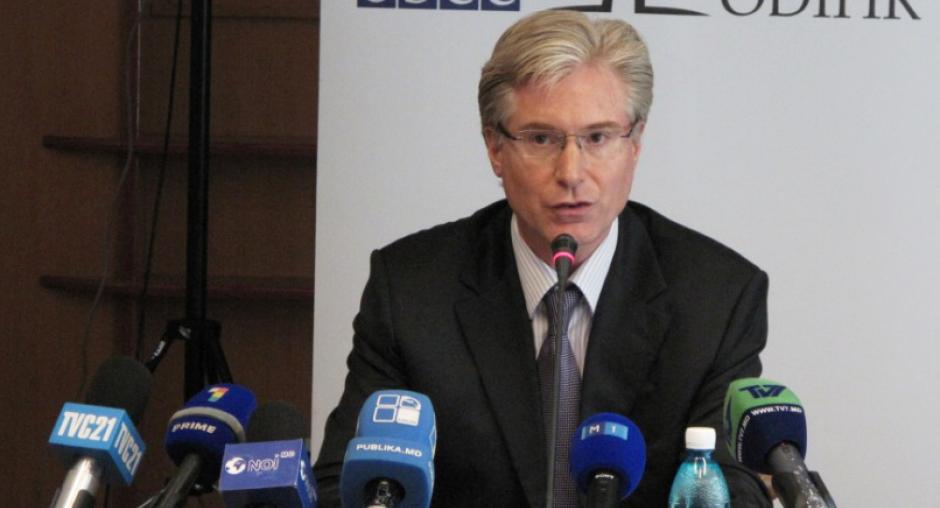Moldova’s run-off elections provided equitable conditions for contestants, but confirmed need to consolidate progress

CHISINAU, 20 June 2011 – Yesterday’s run-off elections in Moldova provided equitable conditions for contestants and were characterized by respect for fundamental rights and freedoms, but the second rounds also confirmed the need for further reforms to consolidate progress, observers from the OSCE Office for Democratic Institutions and Human Rights (ODIHR) concluded in a statement issued today.
“These local elections demonstrated continued progress in establishing an environment conducive to the conduct of democratic elections,” said Gerald Mitchell, the Head of the OSCE/ODIHR Limited Election Observation Mission.
“However, focused efforts are required to address some outstanding issues, such as improving voter registration and the regulation of finances in the election context. All political actors and relevant authorities should meet their responsibilities to tackle these concerns. This is essential to consolidate achievements and prevent reversal.”
The observer mission noted that the competitive campaign environment offered voters distinct political alternatives to choose from.
Election day was calm, and procedures were generally followed in the polling stations visited by observers. The aggregation and publication of preliminary results was transparent and efficient, in a considerable improvement over the first round.
The Central Election Commission continued to work collegially and impartially. A last-minute decision to remove curtains from voting booths was annulled by the Supreme Court and led to inconsistent practices on election day, at times compromising the secrecy of the vote.
Concerns related to the accuracy of voter lists and other aspects of voter registration persisted between the rounds. This includes the continuing lack of clarity in determining where voters with temporary and permanent residences are allowed to cast their ballots.
Contestants did not fully comply with campaign finance regulations, underscoring the need for better oversight and enforcement mechanisms.
The election law does not contain detailed regulations on the conduct of second rounds, resulting in some inconsistencies in the conduct of the run-offs at the local level.
The campaign environment between the rounds was affected by a controversy over the vote results for the mayor of Chisinau, caused by conflicting media reports. Ultimately, the contestants accepted the complete preliminary results announced by the Central Election Commission, as no challenges were filed for this race.
